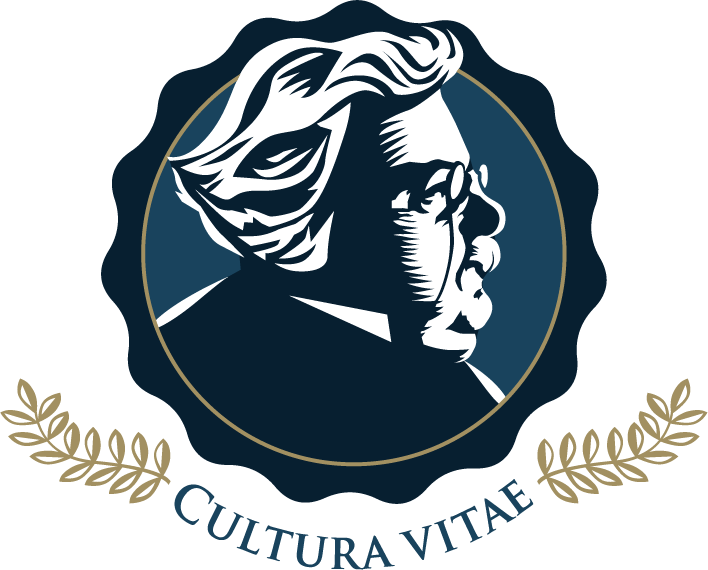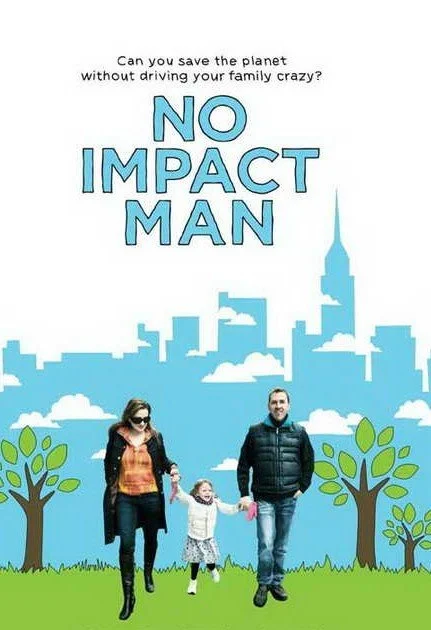You Will Have an Impact
I love Colin Beavan…not just his book, No Impact Man, but the author himself…for being deeply human and vulnerable and honest…for sharing his life and thought with me through writing well and truly of his experiment in personal environmentalism. He and I would find little to agree about and much to disagree about if we looked merely at the surfaces of one another’s lives. Books like his are meant to get people past those surfaces, to challenge us to see more deeply into the mystery of another’s personhood, to remind us of all the yearnings and fears and desires and questions that belong to us both as human beings. We must take the risk of being provoked by such books.
Colin tried a year of having little-to-no impact on the environment, and backed his convictions with personal choices that were sacrificial, difficult for him as a family man, impossible to justify by their results. His no-impact year had little-to-no effect on the environment, but it had a huge effect on him. This may be the single most important lesson his story teaches: that free action first must emerge from interior freedom. The act that is a truly free response to the reality I encounter will not be a ‘solution’ to that reality, but a gesture – even a symbolic act – that, if nothing else, carries my judgment out into the world of actuality in a way that changes me. He does not quote Fr. Luigi Giussani, whose wisdom I paraphrase here, but his book and interior journey illustrate Fr. Giussani’s point well.
Tree-huggers, crunchy conservatives, utopians to right and left, corporate supremacists, evolve-yourself transcenders, upscale environmentalists, Popes and parishioners, scientists and engineers are all confused about what’s really going on with the environment. The confusion serves to blind us to any facts that are clear, and to the need for us each to take in and respond to what we can of the whole mess. People-labeling serves to blind us to the humanity of whoever’s thought challenges us to dig deeper for answers. One label – RADICAL – fends off anyone who threatens our comfort zone, whether that’s a ‘radical religious nut,’ or a ‘radical green nutcase,’ a ‘radical Luddite,’ or a ‘radical techno- optimist’.
Well, Colin dared to be ‘radical’ for a year, moving to the very root of action, where labels don’t help and real struggle is needed to come up with a creative and authentic response to the reality being encountered. He got a bit too spiritual for some of his environmentalist pals, as he looked past Right Answers to Deep Questions. He offers dozens of resources for readers trying to make sense of questions like, “What aspects of my life express values at variance with my highest ideals?” “What level of environmental impact is acceptable to ensure my materialist, consumerist lifestyle?” “What responsibility do I have for huge, global problems like poverty, pollution, hunger, and economic impotence?”
Colin never does cite Pope Benedict’s encyclical, Charity in Truth, but his book would make a fantastic companion volume for readers of that work of genius. Charity in Truth speaks specifically to Catholics of the need to concern ourselves with the kinds of questions Colin has raised. Thankfully, the Pope writes in the context of concern for “integral human development,” which speaks to the fullness of human being – inclusive of his spiritual dimension and his responsibility to a Creator. Interestingly, Beavan arrives at a similarly human-centric perspective. We can’t cope with ‘the environment,’ absent concern for actual human persons whose lives are affected by whatever is happening with air quality, global temperatures, soil poverty, neutered fish populations, antibiotic resistant superbugs, and all the rest. It is, at the end of the day, human being which gives our lens the perfect focal distance for personal response to impossibly huge environmental dangers, problems, changes and responsibilities.
You can scoff at the wackos all around you, or you can risk being thought a wacko just for deciding to be free, to act in alignment with your values, to be provoked to action by reality as you face it and by the concerns of your fellow man. I’m so glad Colin took the risk of being free, instead of getting a passing grade on the fill-in-the-blank test of Life! I hope you’ll consider some of the questions he posed at the end of his experiment:
“There is a limit to how much less harm I can do. But my potential for good is unlimited. …The question becomes not whether we use resources but what we use them for. Do we use them to improve lives? Or do we waste them? My life itself is a resource. How shall I use it?””
For more on care for the environment from a strong, balanced Catholic perspective, see this post on Benjamin Wiker’s book In Defense of Nature.

